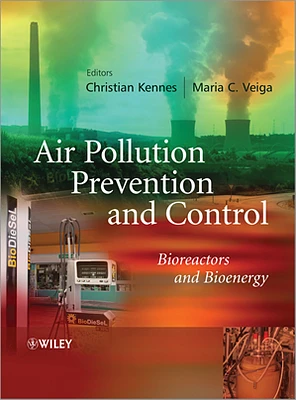Accueil
The Particulate Air Pollution Controversy. A Case Study and Lessons Learned

LIBRAIRIE CARCAJOU
The Particulate Air Pollution Controversy. A Case Study and Lessons Learned
De Librairie Carcajou
Do current levels of particulate air pollutants claim thousands of lives yearly, or is the actual risk negligible? Scientists, regulators, legislators, producers, and portions of the lay public are all attempting to understand and respond to recent scientific findings that have significant consequences regarding public health, the economy and how hundreds of research programs are funded and guided.
This concise book presents the relevant scientific data, historical developments, unsolved problems, and new research opportunities related to particulate air pollution and human health. Included are chapters on the nature of particulate air pollution, fates and toxicity of inhaled particles, evidence of harmful effects of air pollution, events that led to the current controversy, interpretation of modern epidemiology studies, needed research, challenges to commonly accepted ideas about pollutants and health, and recommendations for scientists, regulators, legislators, the public and industry.
Modern technologies and rigorous efforts to control air emissions have produced significant improvements in air quality. Yet, modern city dwellers still inhale numerous tiny invisible particles in each breath. Epidemiologists have repeatedly found associations between small day-to-day increases in particulate pollutants and adverse health effects. But are the associations strong enough to establish a cause and effect relationship? In addition, are stringent new controls on the sources of particulate pollutants warranted? The processes that produce particulate air pollutants also sustain public health. Tighter air regulations impact these processes and others that are difficult to change quickly. A coordinated worldwide effort to provide the research required to answer the critical questions has been launched. It is important that this research effort be given time to unfold.






















